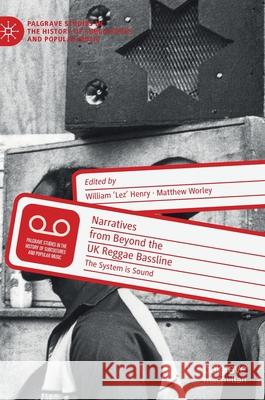Narratives from Beyond the UK Reggae Bassline: The System Is Sound » książka
topmenu
Narratives from Beyond the UK Reggae Bassline: The System Is Sound
ISBN-13: 9783030551605 / Angielski / Twarda / 2020 / 320 str.
Narratives from Beyond the UK Reggae Bassline: The System Is Sound
ISBN-13: 9783030551605 / Angielski / Twarda / 2020 / 320 str.
cena 504,67 zł
(netto: 480,64 VAT: 5%)
Najniższa cena z 30 dni: 501,19 zł
(netto: 480,64 VAT: 5%)
Najniższa cena z 30 dni: 501,19 zł
Termin realizacji zamówienia:
ok. 20 dni roboczych.
ok. 20 dni roboczych.
Darmowa dostawa!
Kategorie BISAC:
Wydawca:
Palgrave MacMillan
Seria wydawnicza:
Język:
Angielski
ISBN-13:
9783030551605
Rok wydania:
2020
Wydanie:
2021
Numer serii:
000796697
Ilość stron:
320
Waga:
0.55 kg
Wymiary:
21.01 x 14.81 x 2.06
Oprawa:
Twarda
Wolumenów:
01
Dodatkowe informacje:
Wydanie ilustrowane











